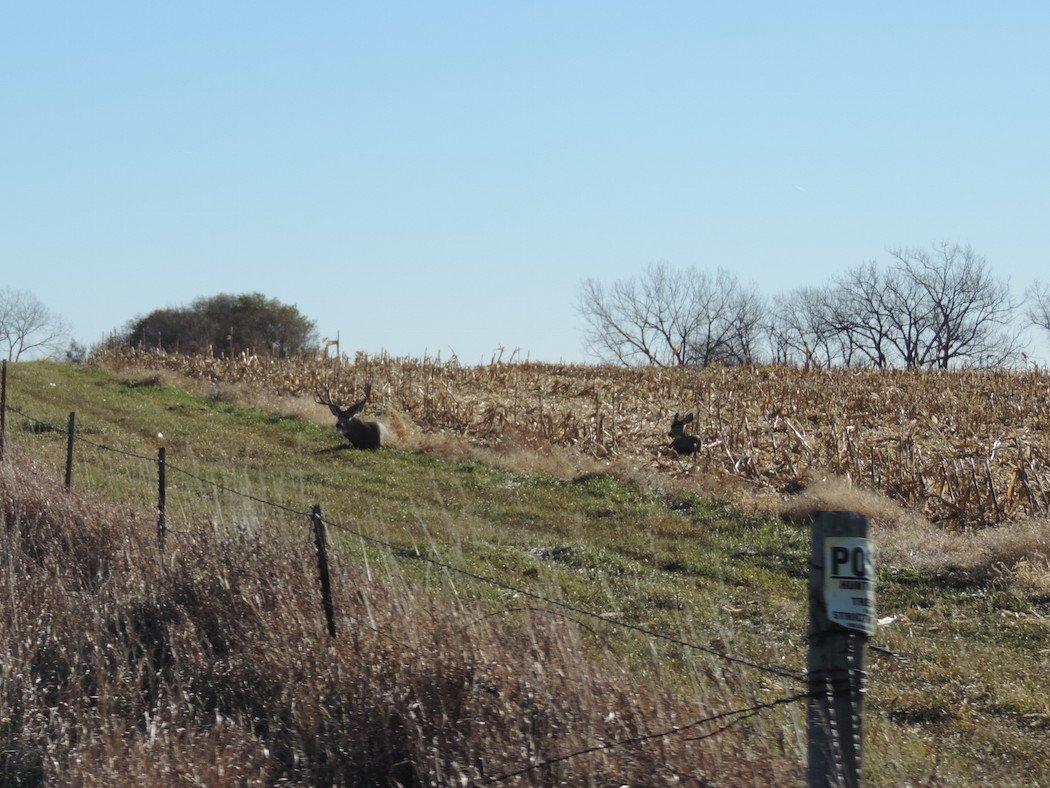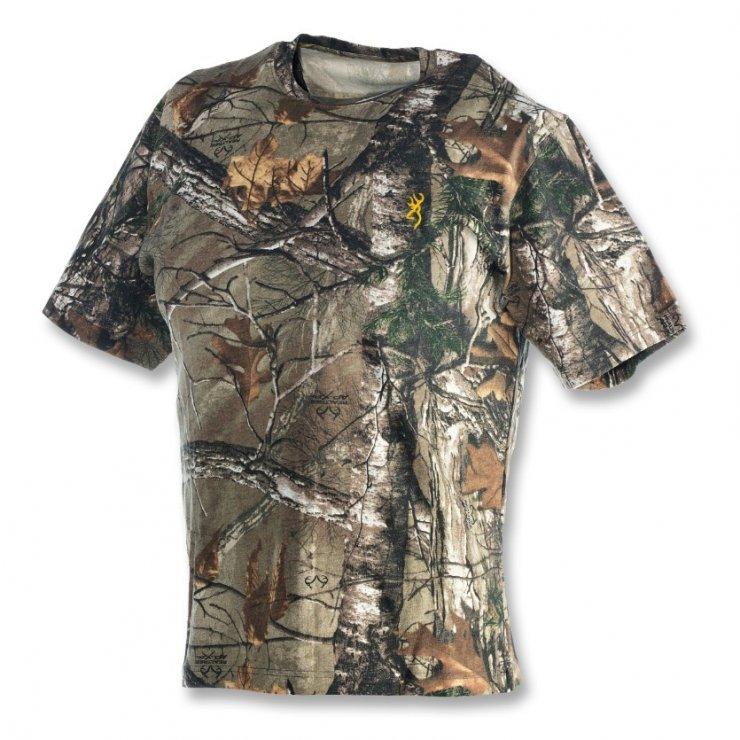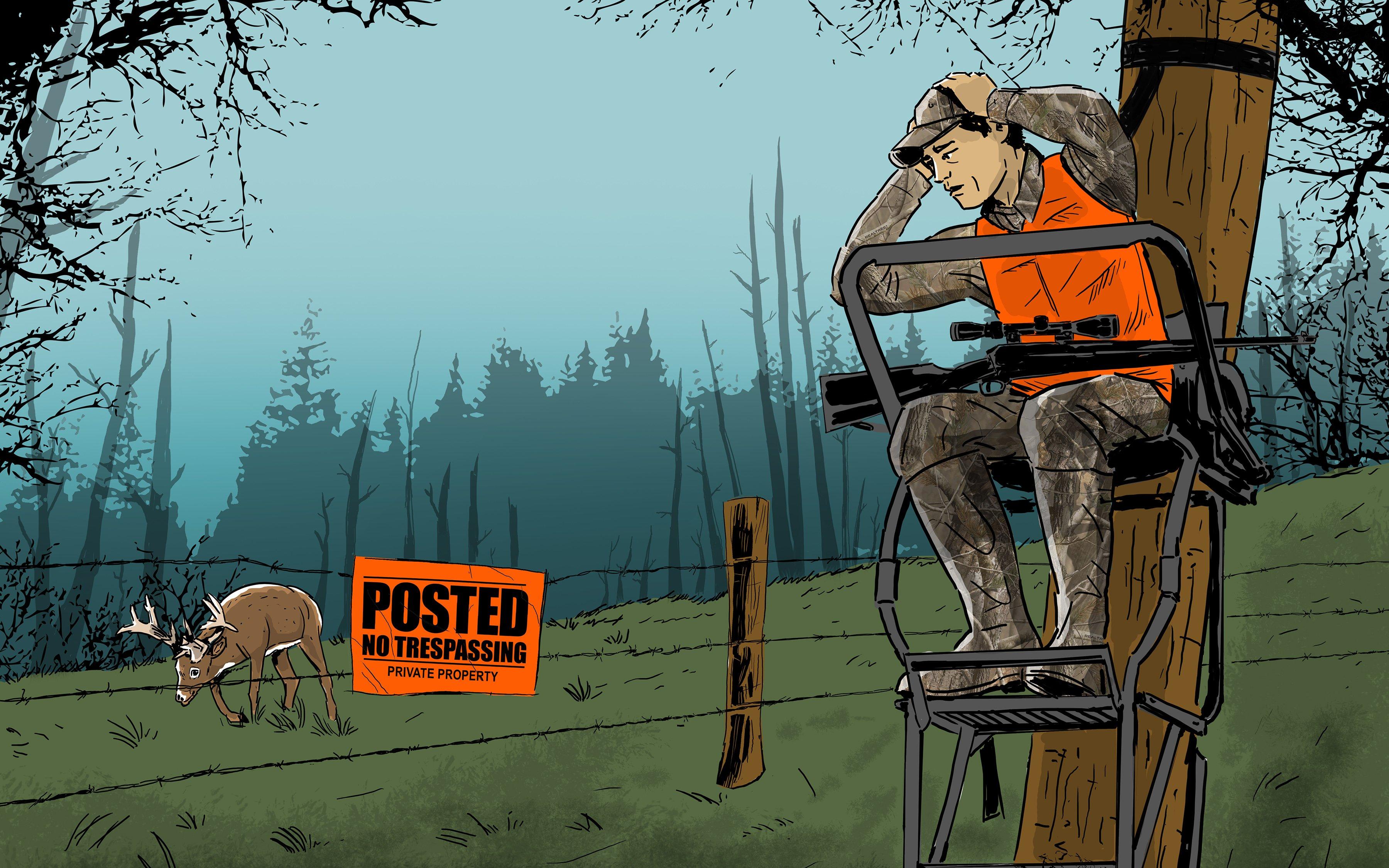Follow These Ethics and Strategies for Hunting Property Borders
In the outdoor world, few things are more controversial than hunting property boundaries. As time goes by, it seems greed drives more and more hunters and other outdoor enthusiasts to do illegal or unethical things. It's not because they can't decipher right from wrong. It's because people test and even stretch the limits, rationalizing stupid moves and seeing just how much they can get away with. Trespassing intentionally - regardless of how far one goes across the line - is illegal and irrational. Whether it's hunting, snooping or otherwise, we simply have no business on private land for which we haven't gained permission to be on. Not only is it illegal, but it's liable to make neighboring landowners into enemies rather than friends. That's a given.
But what about hunting near property borders on land we own or have permission to hunt on? This is perfectly fine since we're not trespassing, right? That's a loaded question. Before you hang a treestand or stake a ground blind on a fence line that separates properties, let's discuss some ethics, strategies and considerations that will help you make advised decisions relative to the circumstances at hand.
What if an animal I shoot travels onto a neighboring property before expiring?
This will likely happen sooner or later, so rather than put yourself and the neighboring landowner in an awkward situation, simply discuss this possibility beforehand. Of course, you'll want to secure permission to track wounded game on their side of the fence, but, you also must be willing to let them track wounded game on your side. It's a two-way street.
Now, it's possible there'll be stipulations along with access. One might be a simple phone call advising that you'll be tracking a wounded animal, or it could be that the landowner wants to go along to help track. This could actually prove beneficial since they know their land. Whatever stipulations are bound to tracking game on their side of the fence, always follow them, or you could lose your deer and tracking privileges.
Granted, not every landowner allocates these privileges. In fact, your neighboring landowner could be an anti-hunter. Rather than press an already sticky issue, select another place to hunt farther from a property border.
The neighboring landowner already has a stand on the property border. Can I hunt the border on my side of the fence?

If they're hunting it extensively, perhaps looking for another place to hunt is best since two people repetitively hunting the same area can burn it out anyway. Odds are there's a better place to hunt.
An animal I want to shoot is standing just across the fence. Should I shoot?
Unless you've gained permission to do so, absolutely not. It doesn't matter if the animal is 1 yard or 500 yards from the fence. It's not OK. Plus, if you're firearm hunting, shooting across the fence into unknown territory could harm others or their property.
Tony and I actually gained permission to shoot across the fence the day after the tom referenced earlier had tempted us. Knowing that, would it have been wrong to shoot the tom when we had our chances? You bet. We hadn't yet gained permission, so it would've been neither legal nor ethical. Had we asked beforehand and gained permission, we could have shot it with a clear conscience.
A friend from Nebraska practiced even greater discipline when a 220-plus-inch whitetail was feeding within range but across the fence from his treestand just last fall. He passed multiple shot opportunities, then watched the buck head away to bed in a cedar thicket for the day. The bowhunter stayed in his stand and waited for the buck to emerge from the thicket and hopefully come within range. I commend him for making the legal and ethical decision to let the once-in-a-lifetime buck walk out of his life when faced with a situation many hunters couldn't resist. His patience was rewarded when a young buck that was dogging does on his side of the fence evoked a response from the world-class buck. The giant non-typical buck followed a doe right into my friend's shooting lane, this time on his side of the fence. A double-lung shot brought the large buck down quickly, and my friend was able to celebrate with a clear conscience.
The animals I'm hunting are neither bedding nor feeding on my property. They're simply using it to travel between necessities. Can and should I hunt them?
Yes, as long as your motives are right. When the animals are on your property, regardless of what they're using it for, you're entitled to hunt and shoot them. But don't do it to deliberately cut off hunters on adjacent properties. If someone has a food plot right across the fence and you know animals are using it, perhaps you should think twice about reaping the rewards of someone else's hard work. It's a situation where ethics are in question. If you can't do it on a clear conscience, either hunt elsewhere, or offer to help your neighbor with their food plot(s) or plant your own.

Landowners who invest time and money into manicuring their properties with necessities - food, water and bedding cover - often become upset when a neighbor who doesn't practice habitat improvement shoots a nice animal. I understand their point, but honestly, they can only manage what they own. What happens across the fence is out of their control. Plus, not everyone has the time or resources to improve their property, so don't ridicule them when they harvest game.
I'm hunting a property border, but someone across the fence keeps fudging my opportunities. I'm frustrated. What should I do?
This is hunter harassment, which is illegal in many - if not all - states. Call your local game warden and explain the situation. Let them take legal action on the matter. It's unfortunate but true that there are in fact people with such low moral standards. Rather than stoop to their level and seek revenge, let the authorities handle it. It's not worth risking life or limb, or staking a poor reputation for yourself.
I'm not sure where the property line is. What should I do now?
You must understand where the borders of your hunting property lie before you go near them. Obviously, there are ways to prevent this from happening in the first place. A GPS unit or even a GPS smartphone app keeps you in the know at all times. If you aren't that high tech, go to the county office and get a layout of the property. That should give you a good idea where the property boundaries are.
The scenarios I've described here and others are all realistic and ones that hunters encounter annually. The motto united we stand, divided we fall, is a great way to solve these would-be issues before they arise or handle them commendably when they do. Hunters must unite for the longevity of this sport, and we simply can't do that by stretching the limits with one another and seeing how much we can get away with. Now again, I understand that not every landowner or neighboring hunter will openly talk through these scenarios. But do your best to make friends and be at peace with those hunting nearby properties. No set of antlers in the world is worth making enemies, or worse yet, being fined and losing your hunting privileges.
Click here for more deer hunting articles and videos.
Check us out on Facebook.







